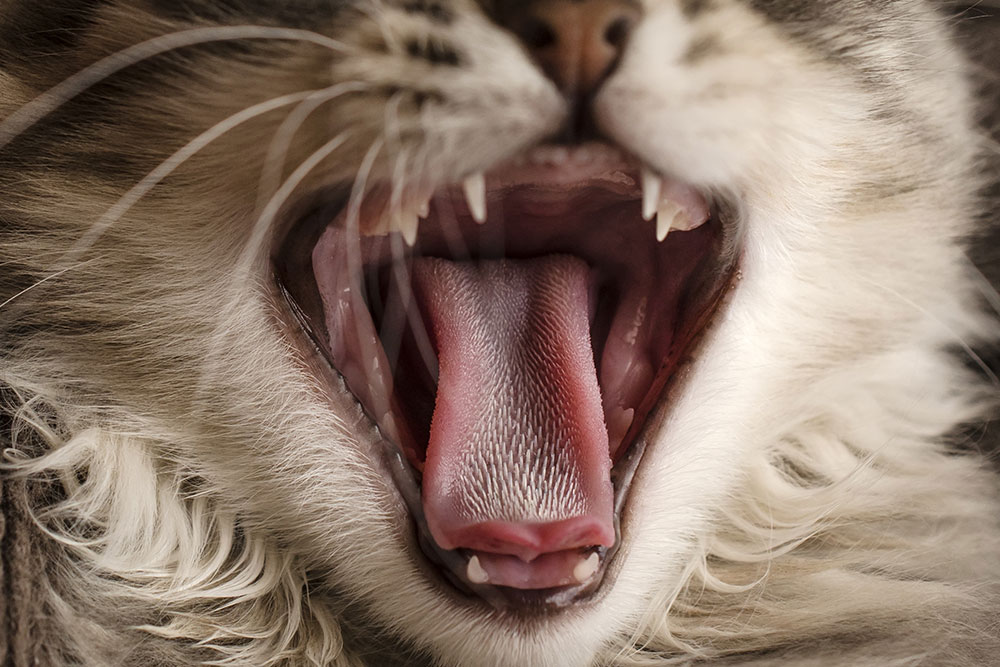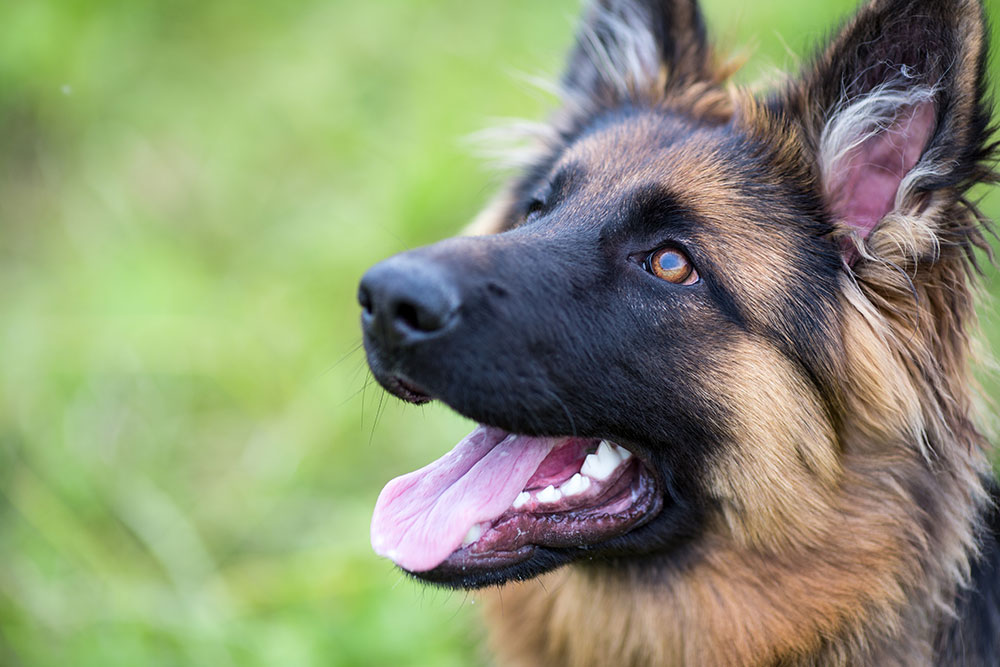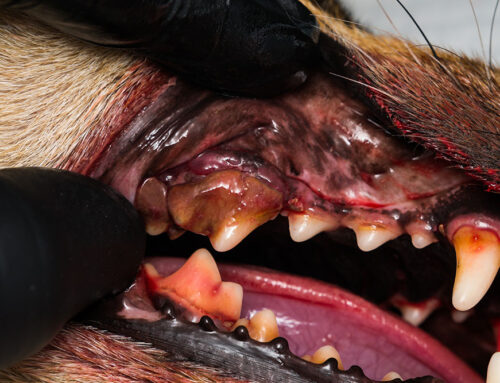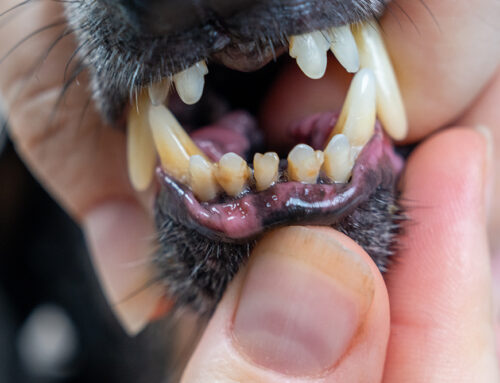At North Bay Veterinary Dentistry in Petaluma, California, we understand how alarming it is to see your pet in pain—especially when it involves their ability to eat, vocalize, or even close their mouth. A dislocated jaw, or temporomandibular joint (TMJ) dysfunction, is a painful and often traumatic condition that requires prompt veterinary attention.
In this guide, we’ll walk you through the causes, symptoms, treatment, and recovery process for jaw dislocations in pets—so you can act quickly and confidently if it ever happens to your companion.
Understanding Jaw Dislocations in Pets
What Is a Jaw Dislocation (TMJ Dysfunction)?
A jaw dislocation occurs when the bones of the temporomandibular joint (TMJ)—the hinge connecting the jaw to the skull—are forced out of alignment. This condition can make it impossible for your pet to close their mouth and often causes visible deviation, severe pain, and behavioral changes.
Managing TMJ in Companion Animals – DVM360
Why Jaw Dislocation Happens
While trauma is the most recognized cause, dislocations can result from a variety of issues:
- Blunt Trauma: Falls from heights, car accidents, rough play, or bite wounds can force the jaw out of position.
- Congenital Abnormalities: Some breeds—especially toy dogs and brachycephalic (short-nosed) cats—may be predisposed to jaw misalignment due to skeletal structure.
- TMJ Degeneration or Arthritis: Age-related wear, autoimmune disorders, or chronic inflammation can weaken joint stability.
- Dental Disease: Severe periodontal disease or oral tumors can alter bite alignment, putting excess stress on the jaw joint.
- Neuromuscular Disorders: Seizures or muscle tone abnormalities may create sudden jaw tension that results in dislocation.
Understanding these potential causes can guide both treatment and prevention, especially in pets with underlying risk factors.
Why Prompt Treatment Is Critical
A dislocated jaw causes immediate discomfort and functional limitations—but delayed care can lead to:
- Chronic pain
- Difficulty eating and drinking
- Jaw stiffness or permanent joint damage
- Risk of aspiration pneumonia from improper swallowing
- Long-term malocclusion
At North Bay Veterinary Dentistry, we are equipped to deliver emergency interventions and advanced imaging to ensure a precise diagnosis and effective treatment.
Signs Your Pet May Have a Dislocated Jaw
Identifying symptoms early can prevent complications. Watch for:
Functional and Physical Signs
- Inability to close the mouth fully
- Jaw deviation or an asymmetrical facial appearance
- Visible discomfort while chewing
- Food dropping from the mouth
- Excessive drooling
Behavioral Changes
- Sudden irritability or withdrawal
- Lethargy, especially after suspected trauma
- Resistance to head handling or jaw manipulation
Learn more:
Temporomandibular Joint Disorders in Dogs
Temporomandibular Joint Disorders in Cats
How a Dislocated Jaw Is Diagnosed
Veterinary Physical Exam
A hands-on exam allows us to assess jaw alignment and movement. Your vet will gently manipulate the joint to detect abnormal tension or asymmetry.
Advanced Imaging
To confirm a diagnosis and evaluate soft tissue or bony damage:
- Digital dental X-rays reveal dislocations, fractures, and underlying pathology.
- CT scans offer a 3D view of the TMJ, critical for surgical planning or complex cases.
Treatment Options for Jaw Dislocation
At-Home First Aid Before Veterinary Care
- Keep your pet calm and restrict movement.
- Avoid offering food or toys.
- Do not attempt to reposition the jaw yourself.
Veterinary Realignment
- Performed under sedation or general anesthesia to reduce pain and prevent further trauma.
- Manual realignment is typically attempted first.
- In some cases, temporary stabilization devices like jaw bands or splints are required.
Surgical Treatment (If Needed)
- For recurrent or severe dislocations, surgical stabilization of the TMJ or reconstruction may be necessary.
- Surgery is also indicated when the dislocation is associated with fractures or neoplasia.
Pain and Inflammation Control
- NSAIDs or opioids for short-term pain control
- Muscle relaxants for jaw spasms
- Antibiotics if secondary infection is present
Drugs Used to Relieve Pain – Merck Vet Manual
Post-Treatment Recovery and Home Care
Monitoring Progress
- Regular rechecks to ensure jaw alignment is stable
- X-rays may be repeated if symptoms persist or worsen
Feeding Recommendations
- Soft, easily swallowed food (e.g., canned or moistened kibble)
- No bones, chew toys, or tug-of-war games during recovery
Activity Restrictions
- Limit play and unsupervised outdoor activity
- Crate rest or confinement may be recommended for short periods
Watch for Recurrence
- Chronic TMJ instability may cause repeated dislocations
- If this occurs, advanced imaging and surgical consultation are warranted
Preventing Jaw Dislocation in Pets
While not all causes are preventable, you can reduce risk by:
- Avoiding rough tug toys or hard chew objects, especially in small breeds
- Preventing falls—block staircases and use ramps for senior pets
- Monitoring interactions between pets of vastly different sizes
- Scheduling routine dental evaluations to identify early TMJ or bite issues

Why Choose North Bay Veterinary Dentistry for TMJ Care
At North Bay Veterinary Dentistry, we offer:
- Expertise in managing complex dental and jaw disorders
- Access to advanced diagnostics including CT imaging and dental radiography
- Board-certified specialists in veterinary dentistry
- Customized treatment plans tailored to your pet’s unique anatomy and health history
Take Action at the First Sign
A dislocated jaw is a painful and urgent condition—but with prompt treatment and professional care, most pets recover fully and return to normal function. If you suspect your dog or cat is suffering from a jaw injury, don’t delay.
Contact North Bay Veterinary Dentistry to schedule a consultation or emergency appointment. Your pet deserves specialized care—and we’re here to help.






Leave A Comment